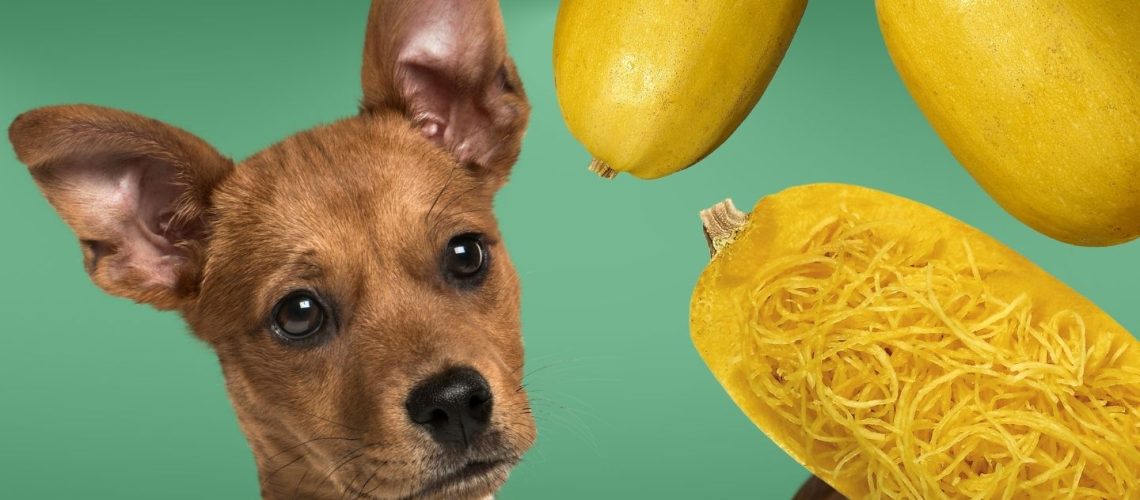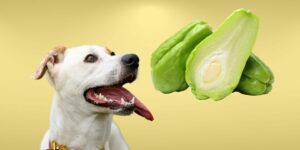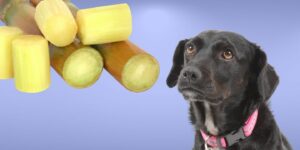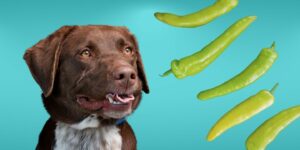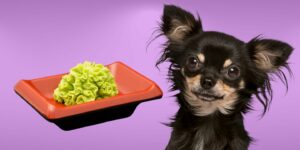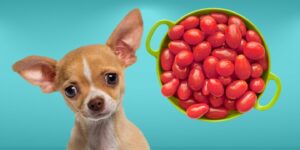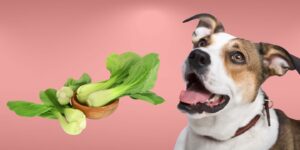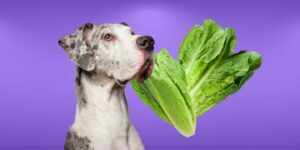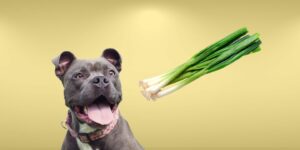The short answer is yes; dogs can eat spaghetti squash in moderation. It is a healthy and nutritious vegetable for dogs to eat, as it provides them with important vitamins and minerals. However, like all human foods, it should be given to dogs in moderation and as a treat, not as a replacement for their regular dog food.
Nutritional Benefits of Spaghetti Squash for Dogs
Spaghetti squash is a low-calorie vegetable that is high in vitamins and minerals. It is an excellent source of vitamin A, which is important for maintaining healthy eyesight and skin for your dog. It also contains vitamin C, which helps to support the immune system, and vitamin B6, which is necessary for proper nerve function.
Vitamin A and its Importance for Dogs
Vitamin A is essential for dogs as it supports eye health and prevents conditions such as night blindness. It also contributes to the maintenance of healthy skin and coat, as well as supporting the immune system.
Vitamin C and its Benefits for Dogs
Vitamin C acts as an antioxidant and helps to protect the body from harmful free radicals. It also supports a healthy immune system and has anti-inflammatory properties, which can be beneficial for dogs suffering from joint pain or arthritis.
Vitamin B6 for Nerve Function in Dogs
Vitamin B6 is essential for dogs' nerve function and brain health, as it helps in the production of neurotransmitters like serotonin and norepinephrine, which regulate mood and stress responses.
Dietary Fiber for Healthy Digestion
Spaghetti squash is a good source of dietary fiber, which can help support healthy digestion. Fiber helps to regulate bowel movements and can prevent constipation in dogs.
Low Fat and Cholesterol-Free
Spaghetti squash is low in fat and contains no cholesterol, making it a healthy and nutritious option for dogs.
How to Serve Spaghetti Squash to Dogs
Cooking Spaghetti Squash
Spaghetti squash should always be cooked before giving it to dogs. Raw spaghetti squash can be difficult for dogs to digest, and it may cause stomach upset. To serve spaghetti squash to your dog, start by cutting the squash in half and scooping out the seeds. Then, place the squash on a baking sheet and bake it in the oven at 350 degrees Fahrenheit until it is tender. Once it is cooked, allow it to cool completely before giving it to your dog. Avoid the addition of seasonings and oil while cooking.
Portion Size and Frequency
When giving spaghetti squash to your dog, it is important to only give them a small amount as a treat. Spaghetti squash should not be given to dogs as a replacement for their regular dog food, as it does not contain all of the nutrients that dogs need to thrive. A good rule of thumb is to only give your dog about 10% of their daily caloric intake in treats, including spaghetti squash.
Foods to Avoid Mixing with Spaghetti Squash
When serving spaghetti squash to your dog, it is crucial to ensure that no harmful ingredients, such as garlic, onions, or excessive salt, are mixed in the squash. These ingredients can be toxic to dogs and cause various health issues.
Possible Concerns with Feeding Spaghetti Squash to Dogs
Overfeeding and Potential Digestive Issues
While spaghetti squash is a healthy and nutritious vegetable for dogs to eat, there are a few potential concerns to be aware of. First, as mentioned above, it is important to only give spaghetti squash to dogs in moderation. Eating too much spaghetti squash can lead to stomach upset, diarrhea, and other digestive issues.
Allergies and Intolerances
Signs of Allergic Reaction in Dogs
Some dogs may be allergic to spaghetti squash or may have an intolerance to it. If your dog has never eaten spaghetti squash before, it is a good idea to start by giving them only a small amount to see how they react. Signs of an allergic reaction in dogs may include vomiting, diarrhea, itching, or swelling.
What to Do if Your Dog Has an Allergic Reaction
If your dog shows any signs of an allergic reaction to spaghetti squash, stop giving them the squash and consult with your veterinarian. They may recommend an alternative vegetable or treat for your dog and provide guidance on managing the allergic reaction.
Conclusion
Moderation and Monitoring
In conclusion, dogs can safely eat spaghetti squash in moderation as a healthy and nutritious treat. However, it should not be given to them as a replacement for their regular dog food, and it is important to monitor your dog for any potential allergic reactions.
Consultation with a Veterinarian
As always, before introducing any new food into your dog's diet, it's a good idea to consult with your veterinarian to ensure it's safe and appropriate for your pet's specific needs.
Alternative Vegetables for Dogs
If your dog is unable to eat spaghetti squash, there are numerous other healthy vegetables you can try, such as green beans, carrots, peas, and sweet potatoes. These vegetables also provide essential nutrients and can be a great addition to your dog's diet in moderation.

